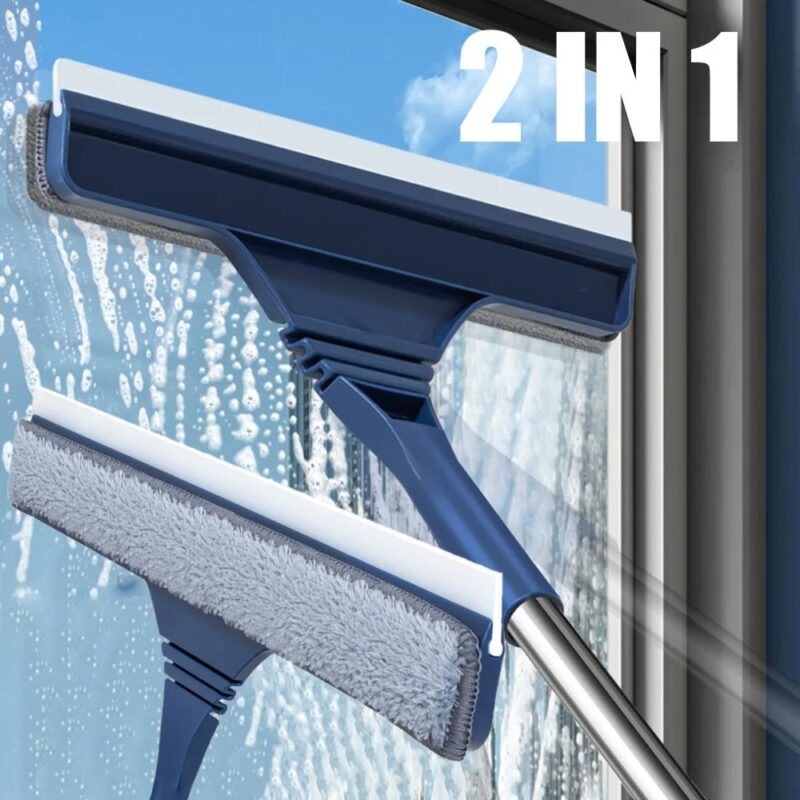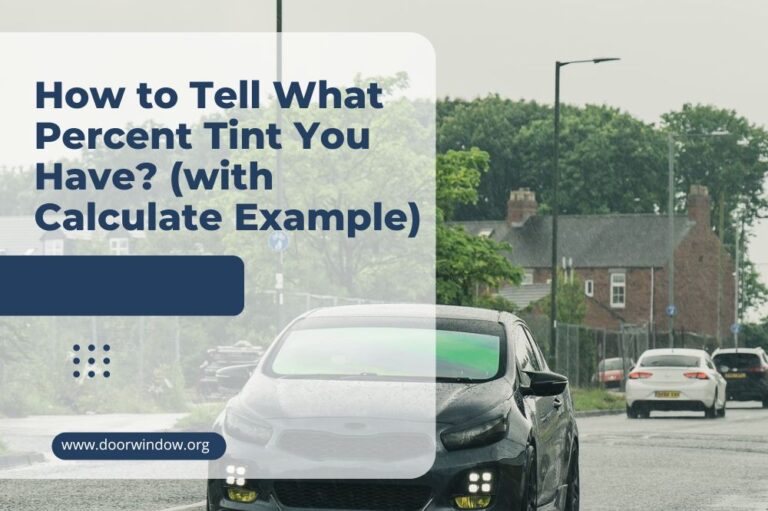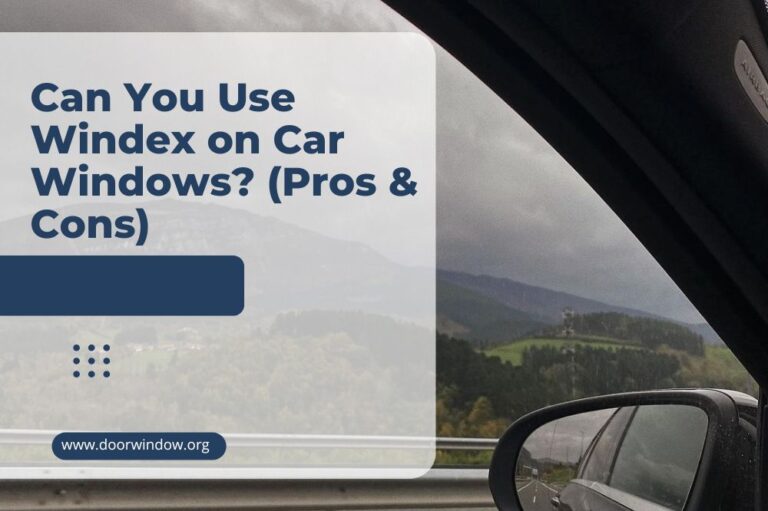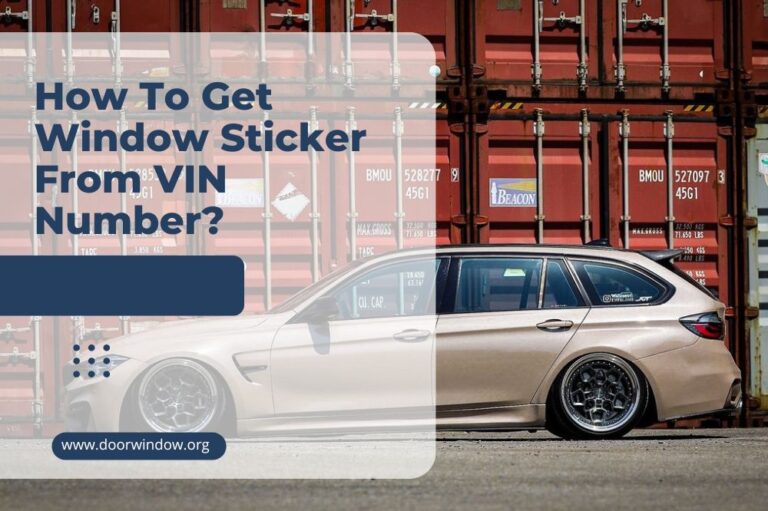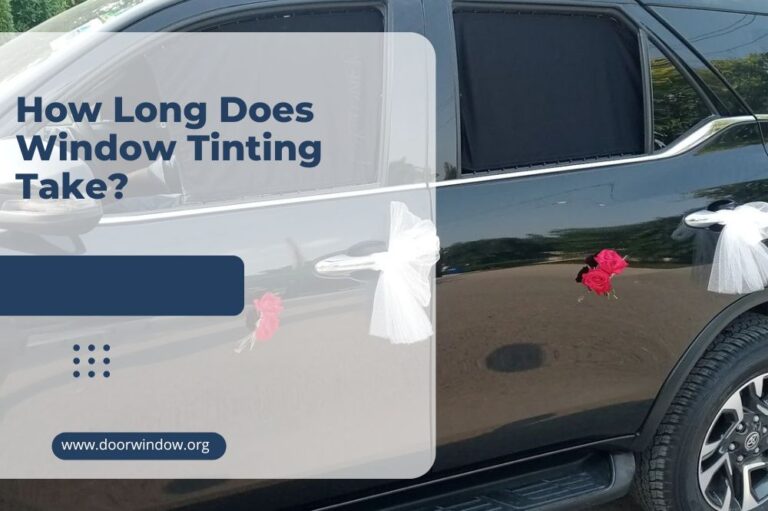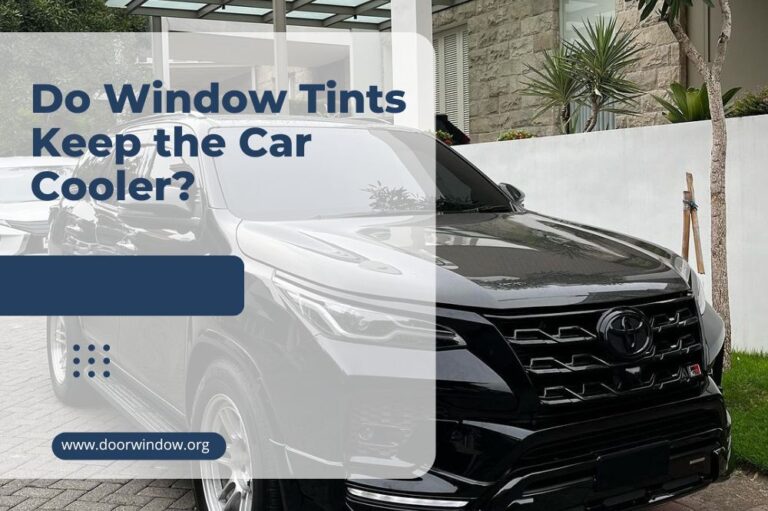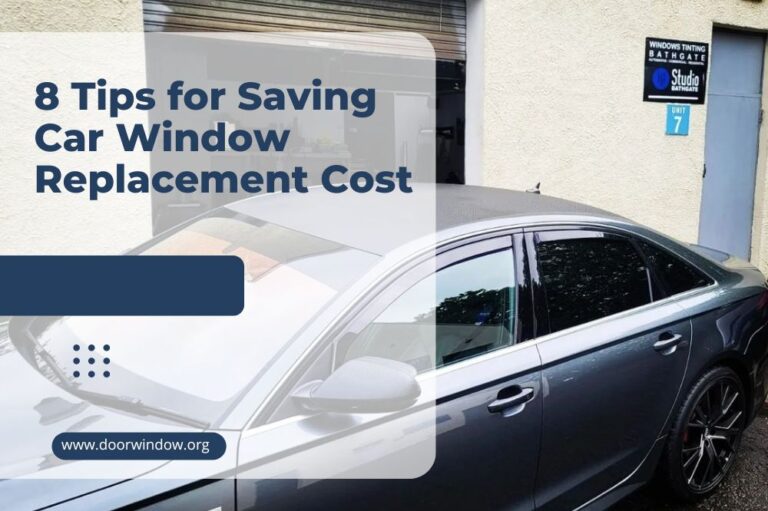Do Window Tint Tickets Affect Car Insurance?
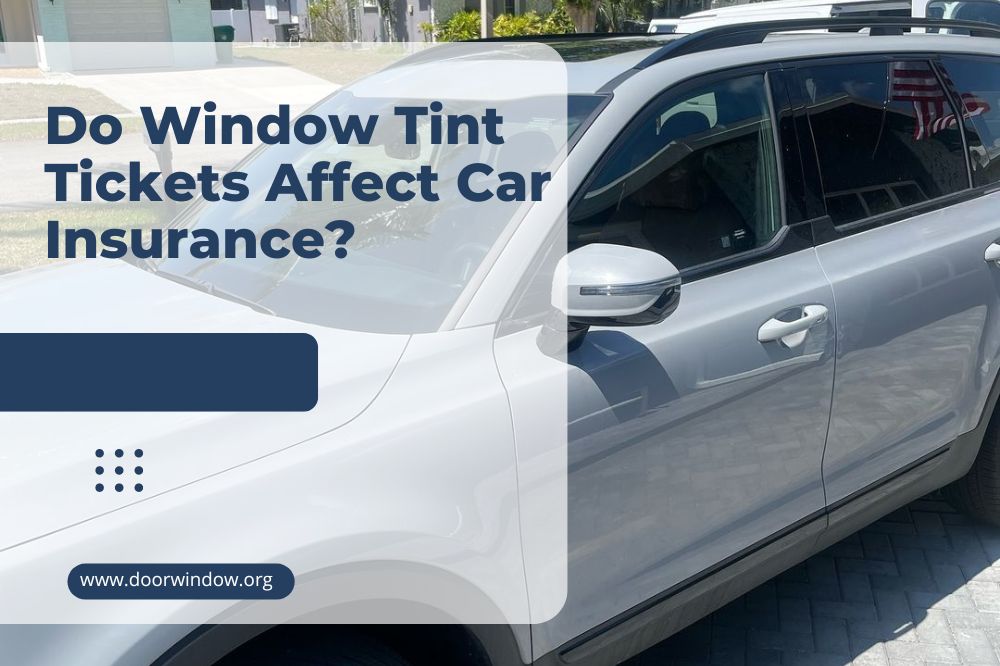
Window tinting is a personal choice of each car owner, but be aware that each state has laws regulating the allowed tinting level. Whether you have bought a car with factory-tinted windows or had them tinted afterward, the tint should be within the legal limit.
When deciding to have windows tinted after buying a car, and the chosen film meets the legal limits, there is no reason to increase your policy. However, any permitted tinting degree violation can bring you a police ticket. In such a situation, the question do window tint tickets affect car insurance arises. Let’s see.
Do Window Tint Tickets Affect Car Insurance?
Tint Types
There are different tint types on the market, and the choice will depend on your needs. Each is an acceptable option as long as you abide by the law and regulations that apply to tinting in your state.
1. Dyed film
It is the most cost-effective and durable option, making it the most commonly used film type. It provides decent visibility and glass tinting but blocks only a certain percentage of UV rays. Consequently, it doesn’t ensure good protection from heat and sunrays, plus you can expect it to fade over time.
2. Carbon film
This tint type protects your car against harmful UV rays and excellently reduces the influence of solar heat. Plus, many drivers find vehicles with such tinted windows beautiful and stylish.
3. Metalized film
Metal particles in this tint type keep UV radiation away by redirecting sunrays. Plus, metal makes it resistant and prevents fast fading. In addition, this film is durable, has a great appearance, and strengthens the glass. The bad side of this tint is its interfering with phone and radio signals.
4. Hybrid film
This film is less resistant to fading and is still durable. It perfectly reflects harmful UV rays and heat but won’t interfere with radio and cell phone signals like a metal type.
5. Ceramic film
This product can successfully protect you from UV radiation and heat, reduce glare, and provide you with good visibility. It is the best option in the current market, but still too expensive for most users.
Legal Guidelines for Window Tinting
Before deciding to tint your car windows, you must check the law and regulations regarding that issue in your state. They vary as each state determines the allowed tinted glass levels.
In most cases, you will see the distinction between measurements for rear windows and front and rear side windows.
The rule is that there are no rules. Some states allow different tinting levels based on the window type, while others prohibit tinting on front-side windows without limitations for others.
However, complete windshield tinting is forbidden in all US states and most countries worldwide. It is necessary to check all this in advance to avoid any doubts and unnecessary costs.
Ways Tinted Windows Affect Your Car Insurance Rate
Although the modifications that owners make to their cars affect the insurance price, this is often not the case with tinted windows.
That primarily depends on whether window tinting is legal in your state and whether it complies with the manufacturer’s recommendations. However, it is best to check all this with your insurance agent.
Keep in mind that you can risk the policy cancellation if your car’s windows tinting percentage is significantly higher than allowed. The same can happen when the tinting installer is not certified and engaged by an authorized manufacturer.
You can get an insurance policy and protect only windows tinted by the law. However, some insurance companies consider the subsequent window tinting as a modification. Therefore, they can offer special rates for insurance and higher policy price.
Do Window Tints Tickets Affect Car Insurance?
It is crucial to consider several factors when planning to have your car windows tinted. Otherwise, you can get a ticket for improper tinting, especially if you drive across state borders. Always be aware that the permitted window tinting percentage varies from one state to another.
Therefore, you may find yourself paying a fine in a neighboring state even though you tinted your vehicle in accordance with the law in yours.
That is why keeping paperwork with your windows VLT (visible light transmission) percentage in the glove box is an excellent idea. In most cases, police officers won’t write you a ticket if the deviations are insignificant.
The rule of thumb is that a tinting ticket won’t directly affect your car insurance rate. These tickets belong to minor violations, like parking tickets, and are usually not in your records. Basically, it is a non-moving offense and has nothing to do with how you drive.
However, allowing too many non-moving violations to stay unsolved will increase your rates eventually. That is why it is desirable to solve the problem on time and before it affects your insurance.
Ways of Measuring Window Tints
You should use VLT to measure the amount of light passing through a tinted window in percentage. A lower VLT value means that less light passes through glass, making the tinting level higher.
Let’s take a look at two common examples:
- If the VLT is 70%, it means the glass allows 70% of the visible light to pass through, making windows tinted but enough transparent
- If 35% tint implies that only 35% of visible light passes through the filters, making your windows much darker
The measurement is different with windshields. In this case, you can’t use the VLT to express the windshield tinting because it is strictly forbidden to apply a film over this glass.
However, you can add a film a few inches from the windshield top in some states. For instance, you can tint this glass 5 inches (12.7 cm) from the top by adding an adequate strip. It must be in accordance with the law while the rest of the windshield stays untinted.
Window Tinting and Car Accidents
Some research shows that tinted windows increase the likelihood of an accident due to less light percentage passing through them. The problem is that excessively tinted windows reduce visibility, making it harder to react adequately in hazardous situations.
All of this increases car accidents possibility. Therefore, the best option is to keep the tint on the glass within the legal percentages designed based on tested vehicle safety. The bright side is that proper window tinting prevents glare from the sun, making driving safer.
Regarding insurance, most companies don’t charge higher premiums because of tinted windows despite an increased risk of accidents. On the other hand, it is better to raise your auto liability insurance after tinting your car windows. It is not required but can pay off in some situations.
How Much Is a Window Tint Ticket?
This question doesn’t have a unique and specific answer. Several factors affect the ticket amount for tinted windows, such as:
- The tinting percentage allowed in your state
- How much the tinting percentage level on your windows is above the legal limit
- The number of previous violations
The fine will probably be lower if it is your first violation and the window tinting is only slightly above the legal limit. In such a case, you will probably get a minimum fine or only a warning.
On the other hand, the police will be more strict in case of repeated law violations. You can count on hundreds of dollars tickets when caught and fined several times for excessively tinted windows.
Reasons for Car Windows Tint Application
The tint film is a thin laminate layer made of a polyester base that you can apply to the glass, but the degree of tinting needs to be in accordance with the law. Some drivers consider it a fashion accessory and have their car windows tinted for aesthetics. Others decide on this step because of the numerous tint film advantages:
UV rays blocking – UV radiation is harmful to the passengers’ and driver’s health. Therefore, applying a tint film on windows can protect your eyes and skin by blocking these rays.
Protecting the vehicle interior – Long-term exposure to sunlight will damage your car’s interior. Window tinting is an excellent and affordable way to extend its life.
Reducing the heat level inside the car – Besides the tint film lowering UV radiation, it will prevent sunlight from entering inside the vehicle. That will keep the inside temperature at an acceptable level.
Fuel consumption – As I have already mentioned, tinted windows reduce the temperature inside the vehicle. That way, you will reduce air conditioning use and fuel consumption accordingly.
Glare reducing – Window tinting reduces glare and makes driving safer.
Accident safety – The tint film will keep broken glass pieces together in case of an accident and prevent injuries.
Privacy – Legally, you can tint only the side and rear car windows. However, it will be enough to provide enough privacy in the car to a certain degree.
Summary
Car window tinting has numerous advantages, but only when you work regularly and by legal regulations. That way, you will avoid the police handing you tinting tickets. Otherwise, you will get a fine, and repeating the same violation may affect your insurance policy value.

